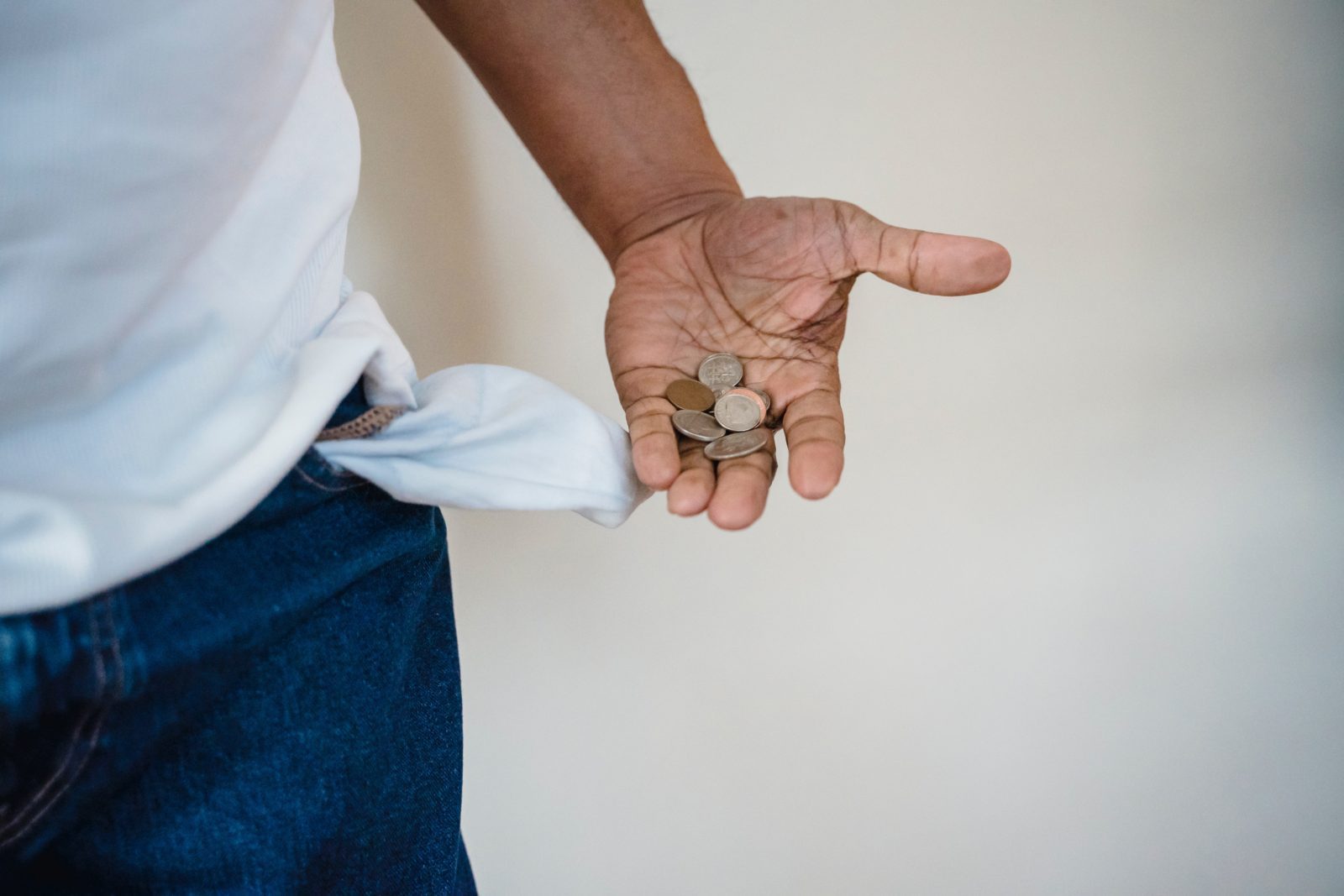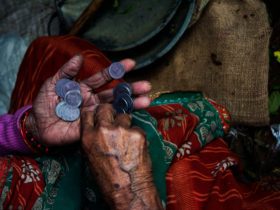According to a study by the PAQ agency, two-thirds of Ukrainian refugees in the Czech Republic live below the poverty line, with households with children being the most vulnerable. Although two of three economically active refugees have jobs, nearly half can barely speak Czech.
The study also found that 67% of economically active refugees have found work in the Czech Republic. Still, more than half of them work in less skilled positions, while over 40% work significantly below their qualifications, making it difficult to utilize their potential fully.
Non-skilled jobs pose numerous challenges, with two-thirds of refugees earning only up to 150 Czech korun per hour and a quarter of respondents stating that they must work more to make ends meet. Additionally, one-third of refugees reported working without social or health insurance or vacation time. Two-thirds of refugees also reported earning only up to 150 Czech koruna per hour.
According to the study, the biggest obstacle to obtaining work for refugees is inadequate knowledge of Czech (71%), followed by the inability to care for children (29%) and recognition of education from Ukraine (28%).
Approximately 49% of refugees live in rental housing, which is related to changes in the Lex Ukraine law, which only grants vulnerable persons, such as children, seniors, or people caring for children under six years of age, the right to free housing beyond the first 150 days of temporary protection.
However, changes in support will undoubtedly affect the situation of refugees. According to Daniel Prokop, a sociologist at PAQ Research and a member of the National Economic Council of the Czech Republic, the current setting may motivate some refugees to conceal their income. In June, 60% of refugees received benefits.
To address the problem of demotivation, Prokop suggested that only a portion of the working income, such as 70%, should be counted for humanitarian assistance, as is the case for Czech households applying for material aid.
The study surveyed 1,425 households where 3,789 people, including 1,203 children, live. The survey was conducted in June.









